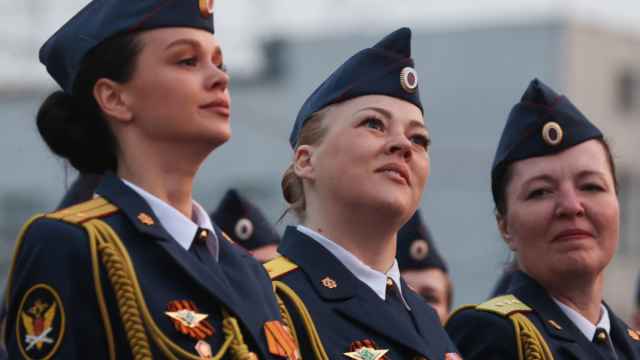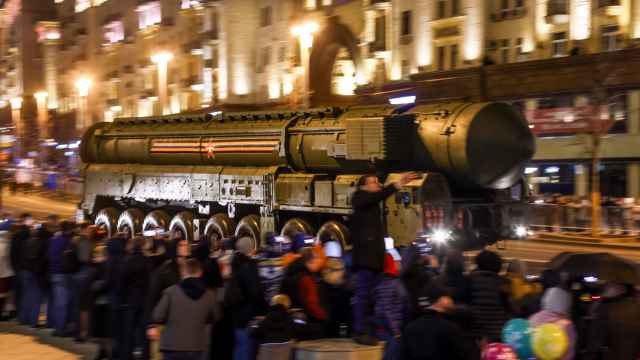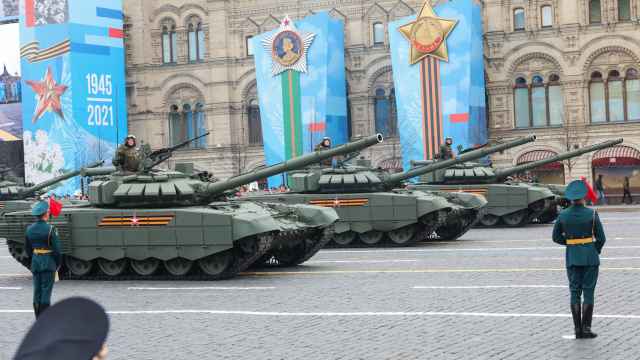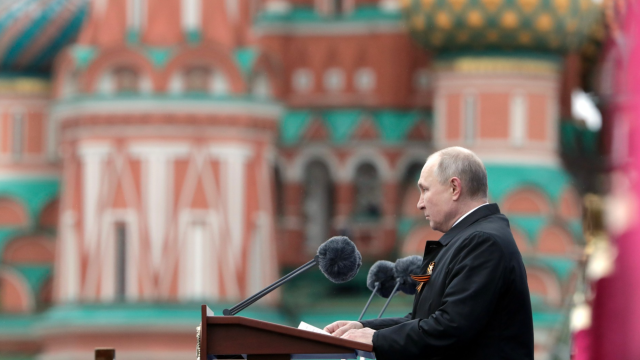Russia told the West on Wednesday the Normandy landings on D-Day in 1944 did not play a decisive role in ending World War II and that the Allied war effort should not be exaggerated.
Moscow's comments might irk war veterans in Britain where the 75th anniversary on Wednesday of the largest seaborne invasion in history was marked at a ceremony in Portsmouth attended by Queen Elizabeth and world leaders including Donald Trump and Angela Merkel.
Speaking at a weekly news conference in Moscow, Foreign Ministry spokeswoman Maria Zakharova offered a tribute to those who died on the western front of World War II and said Moscow appreciated the Allied war effort.
"It should of course not be exaggerated. And especially not at the same time as diminishing the Soviet Union's titanic efforts, without which this victory simply would not have happened," she said.
The Soviet Union lost over 25 million lives in what it calls the Great Patriotic War, and Moscow under President Vladimir Putin has taken to marking victory in the war with a massive annual military parade on Red Square.
"As historians note, the Normandy landing did not have a decisive impact on the outcome of World War II and the Great Patriotic War. It had already been pre-determined as a result of the Red Army's victories, mainly at Stalingrad (in late 1942) and Kursk (in mid-1943)," Zakharova told reporters.
More than 150,000 allied troops launched an air, sea and land attack on Normandy on June 6, 1944 that ultimately led to the liberation of western Europe from Nazi Germany.
Moscow, which had been fighting German forces in the east for almost three years by the time of D-Day, and gradually pushing them back from early 1943, had been urging Britain's Winston Churchill to open a second front as far back as August 1942.
"There was a wish to wait for the maximum weakening of Germany's military power from its enormous losses in the east, while reducing losses in the west," she said.
A Message from The Moscow Times:
Dear readers,
We are facing unprecedented challenges. Russia's Prosecutor General's Office has designated The Moscow Times as an "undesirable" organization, criminalizing our work and putting our staff at risk of prosecution. This follows our earlier unjust labeling as a "foreign agent."
These actions are direct attempts to silence independent journalism in Russia. The authorities claim our work "discredits the decisions of the Russian leadership." We see things differently: we strive to provide accurate, unbiased reporting on Russia.
We, the journalists of The Moscow Times, refuse to be silenced. But to continue our work, we need your help.
Your support, no matter how small, makes a world of difference. If you can, please support us monthly starting from just $2. It's quick to set up, and every contribution makes a significant impact.
By supporting The Moscow Times, you're defending open, independent journalism in the face of repression. Thank you for standing with us.
Remind me later.






